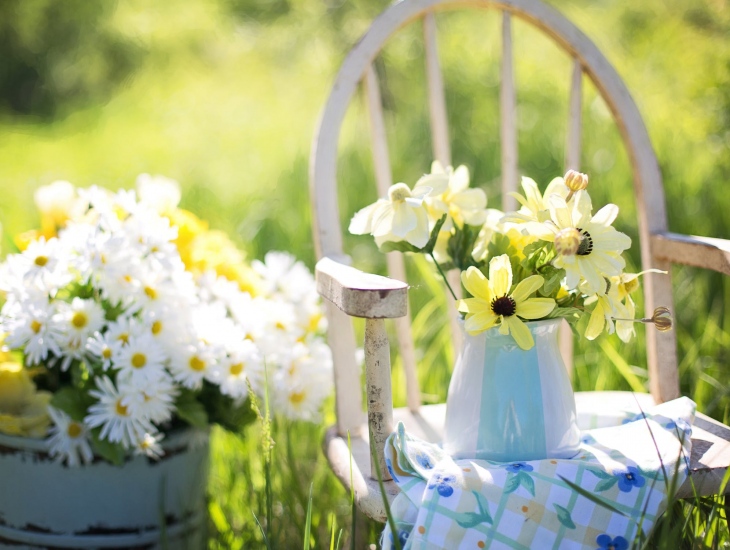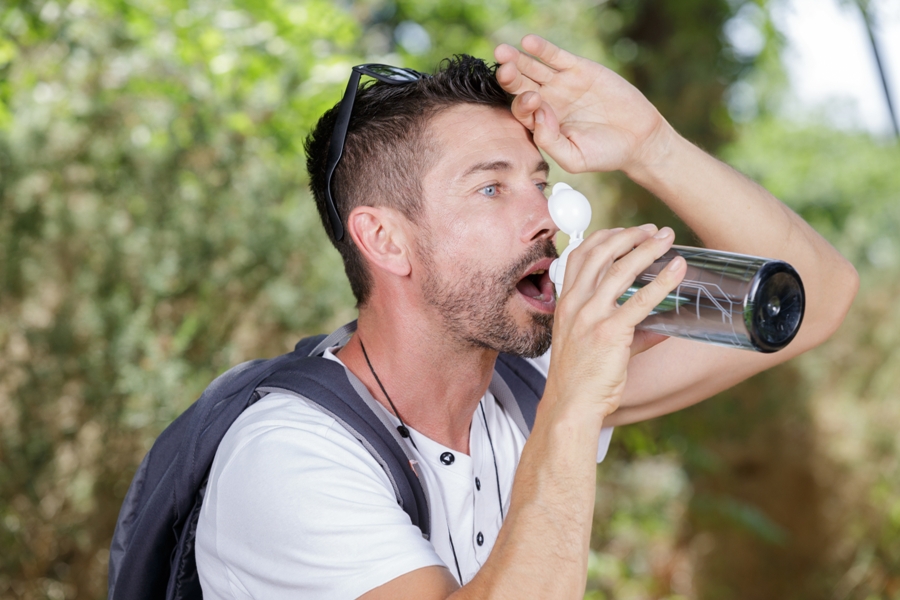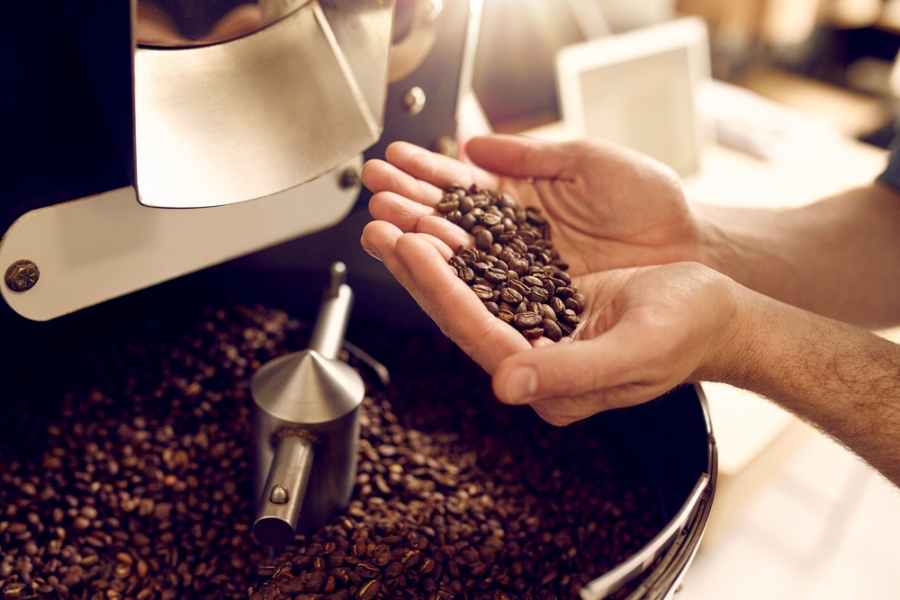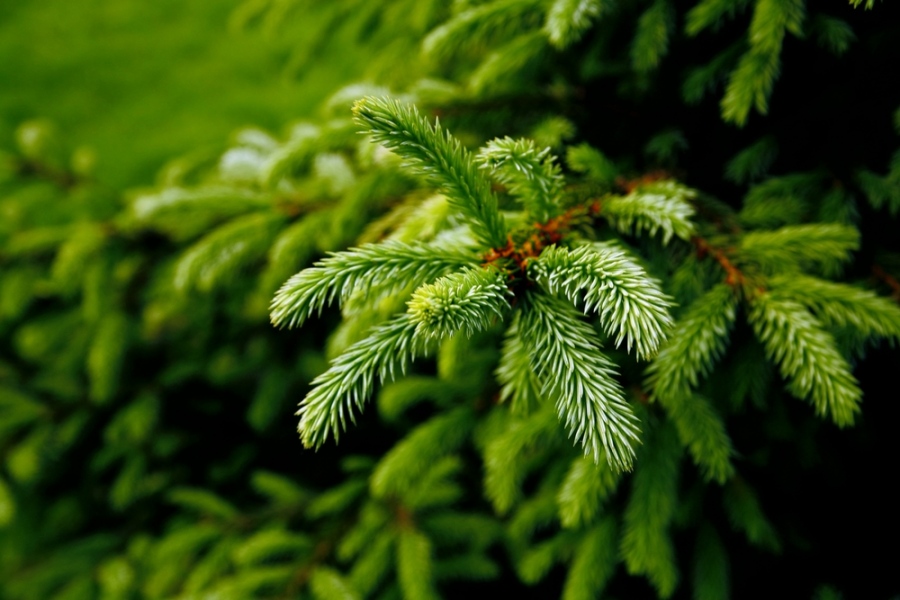5 Key Steps in Keeping Your Garden Healthy
Growing your own plants, herbs, and vegetables is an immensely satisfying process, but it calls for time and effort. If you ever wanted to have a garden, or you’ve already tried to have one, but you haven’t succeeded, this article is exactly where you need to be. We will try to lay out some of the gardening basics so you can get the clear picture about what’s really needed to keep your garden as healthy as possible. We did a bit of digging around, and we’ve come up with this short guide through the essentials of gardening. So, without further ado, let’s dive in.
Start Small
One of the most common mistakes almost every first-time gardener falls for is starting too big. Maintaining a vast area is a real pain in the neck, especially if you don’t have much experience. Another thing to keep in mind is that expanding a garden that has already taken root is much easier than trying to plant and maintain your garden in a large area.
Some of the best pieces of advice you can get are to start small, somewhere around 6 by 8 feet, and pick a sunny spot which has at least 6 hours of sun a day. When choosing the best location for your plants, keep in mind that they need a lot of watering, so make sure your garden is near a water source. There are a lot of vegetables and herbs that can grow in small spaces, so don’t worry if your garden isn’t big enough, you can still have your own homegrown herbs in no time.
Plant Disease-Resistant Plants
There are a lot of plants with somewhat of an “immunity” to specific diseases. For instance, there are some types of tomatoes which are considered “VFN resistant”, which means they are immune to specific types of fungi (Verticillium and Fusarium). Other types of herbs and even plants have different types of disease-resistance, but there are quite a lot of them.
There are also plants that have been genetically modified to fight specific diseases. For example, many rose companies out there offer flowers resistant to powdery mildew and black spot, in order to keep their flowers looking as fresh as the day they were picked up. A lot of plants and herbs have developed a natural resistance to some diseases, so make sure you talk with other gardeners and other gardening experts in order to find the best choice of plants for your own garden.
Use Fully Composted Waste
When you have a compost file, and especially if you make your own compost, you must understand how it decomposes. Different materials in a pile of compost don’t decompose at the same rate. Thorough and detailed composting help generate higher temperatures for long periods of time. This process helps kill any dangerous pathogens and potential diseases that plant might have. Avoid including infected debris in your compost to ensure it does its job perfectly. If you’re not certain about the conditions your compost is in, avoid using it with sensitive plants, as it may cause you more trouble than good.
Prune the Plants and Clean up Foliage
As soon as autumn hits, most of your plants will probably start losing leaves and dry branches. This foliage can cause a lot of problems and issues with your plants, so you must make sure you clean it up regularly. There are a number of diseases that can survive the winter on dead leaves and attack the plants as soon as new leaves start to emerge come spring.
When it comes to trees and shrubbery, it’s considered a good practice to trim them in late winter. Because damaged limbs can get infected during the winter, and when spring comes, the disease has already settled in. Pruning your trees and shrubbery in late winter prevents this from happening. Of course, you will need the best equipment you can find, as you don’t want to cause damage to the plant. For higher shrubs and trees you should look for pole pruner and similar extended tools.
Watch Out for Insects
One of the biggest threats to your garden is insect infestation. Various bugs live off of plants and herbs, and quite a lot of them are quite dependent. The damage insects can do is much more than cosmetic. It can cause an infestation of different bacteria and viruses. Some bugs are even natural vessels for viruses. These viruses and bacteria tend to spread very fast, and they even spread from one type of plant to another. Insect attacks also cause unnecessary stress to the plants, which makes them incapable of defending themselves from different types of diseases.
Wrapping It Up
Your garden should be a place where you relax and enjoy your own little piece of Eden. In order to keep it healthy, you need to maintain it regularly and track how it’s growing. Hopefully, this short guide helped point you in the right direction when it comes to maintaining and keeping your garden as healthy as it should be. So, don’t waste any more time and tend to your plants, they will repay you in various unexpected ways.




















Leaver your comment